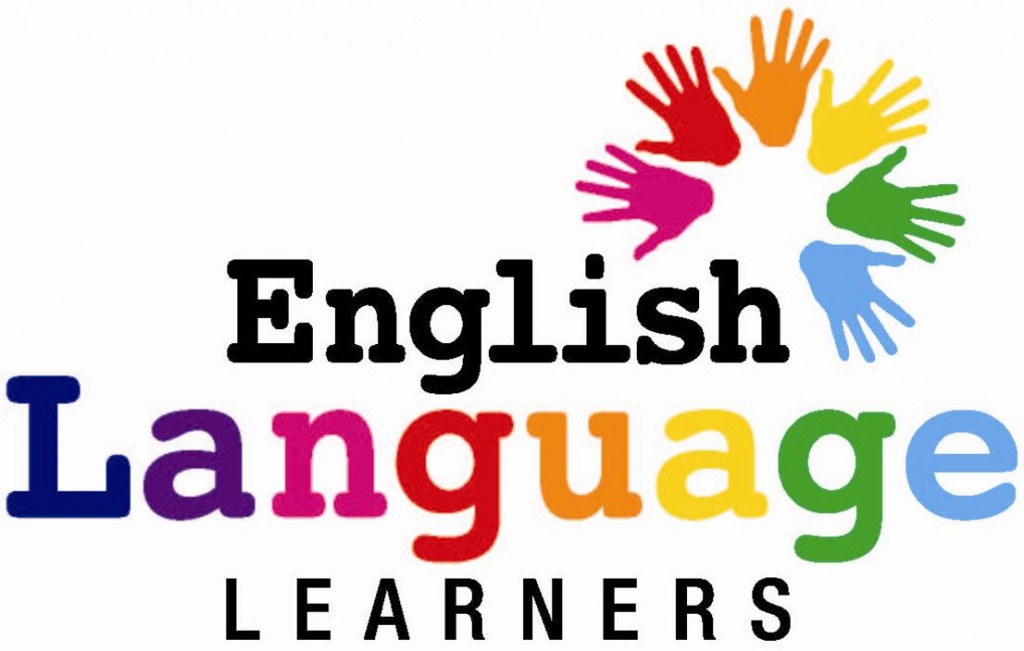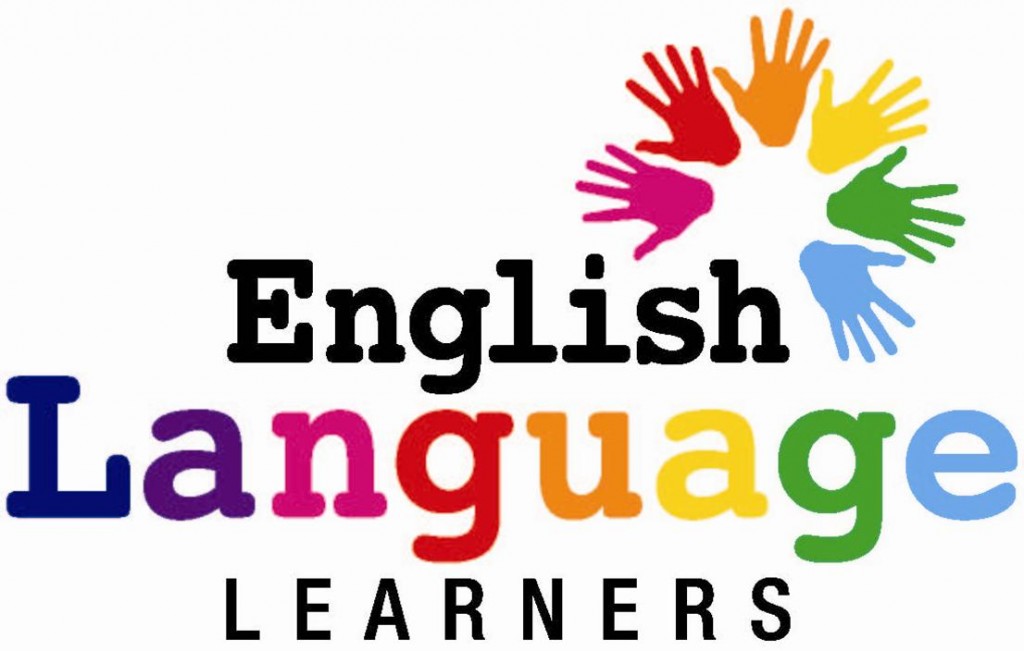Welcome to Online English Section with explanation in Affairs Cloud.com. Here we are creating question sample in Cloze test, which is BASED ON IBPS & SBI PO/CLERK/LIC AAO/RRB, RBI, IPPB,SSC CGL EXAM and other competitive exams !!!
Click here view English Questions
Click here view Cloze Test Questions
Cloze test
In the past, this deep diversity existed within a framework of (1) . This was not unusual, but true of (2) every agrarian, pre-industrial society endowed not only with a highly complex division of labour but also with an intricate network of social (3). Indeed, cultural differences often marked and strengthened a stable, rarely questioned hierarchy of roles and ranks. Differences in speech, dress, manner, food or appearance were deeply (4) manifestations of minutely arranged, culturally (5) social hierarchies — visible indicators of differential rights and duties in a highly unequal society. They performed another important function: by diminishing (6) and friction, they helped place everything and everybody in their proper place. They reduced conflict and maintained existing relations of power. Not everyone could speak, dress and eat as they pleased. Socio-cultural boundaries were not easy to cross. Our past is a system of (7) plurality.
A succession of egalitarian waves has challenged this system. The most obvious pointer here is the opposition to caste and gender hierarchies. Rights and duties do not vary today from one caste to another or between men and women. The right to equality (8) in the Constitution of India is not merely a negative right against (9) but also a positive right to be treated as an equal.
Every individual is entitled to equal respect and concern simply as a human being. It is not legally possible today to have one set of laws for men and another for women. Article 15 sounds the death knell of the old order: “The State shall not discriminate against any citizen on grounds only of religion, race, caste, sex, place of birth or any of them”. It adds that none of these will be the basis for subjecting any citizen “to any disability, liability, restriction or condition with regard to (a) access to shops, public restaurants, hotels and palaces of public entertainment; or (b) the use of wells, tanks, bathing ghats, roads and places (10) to the use of the general public”.
- 1) liberalism
2) piteously
3) liberality
4) inequality
5) balanceAnswer : 4)
Explanation:
inequality – difference in size, degree, circumstances, etc.; lack of equality. - 1) permissiveness
2) virtually
3) equality
4) evenness
5) tolerationAnswer : 2)
Explanation:
virtually- nearly; almost. - 1) similarity
2) absolutely
3) lenity
4) sensitivity
5) distinctionsAnswer : 5)
Explanation:
distinctions – a difference or contrast between similar things or people. - 1) mercifulness
2) intertwined
3) authentic
4) insignificance
5) sufferanceAnswer : 2)
Explanation:
intertwined – twist or twine together. - 1) leniency
2) categorical
3) nuanced
4) concreted
5) lowlinessAnswer : 3)
Explanation:
nuanced – characterized by subtle shades of meaning or expression. - 1) ambiguity
2) magnanimity
3) mediocrity
4) substantively
5) indubitableAnswer : 1)
Explanation:
ambiguity – the quality of being open to more than one interpretation; inexactness. - 1) lenience
2) indulgence
3) breakable
4) hierarchical
5) indisputableAnswer : 4)
Explanation:
hierarchical – of the nature of a hierarchy; arranged in order of rank. - 1) endurance
2) concession
3) detachable
4) enshrined
5) dissolubleAnswer : 4)
Explanation:
enshrined – place (a revered or precious object) in an appropriate receptacle. - 1) discrimination
2) distinct
3) severable
4) altruism
5) compassionAnswer : 1)
Explanation:
discrimination – the unjust or prejudicial treatment of different categories of people, especially on the grounds of race, age, or sex. - 1) dedicated
2) liberalness
3) benevolence
4) clemency
5) forbearanceAnswer : 1)
Explanation:
dedicated – devoted to a task or purpose.



